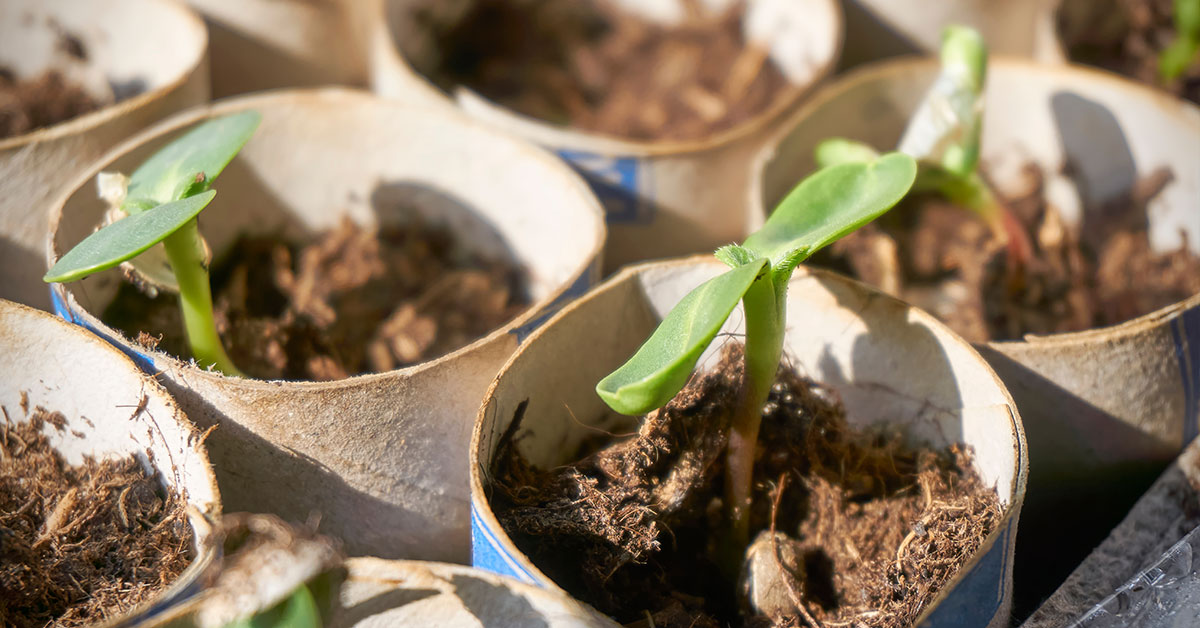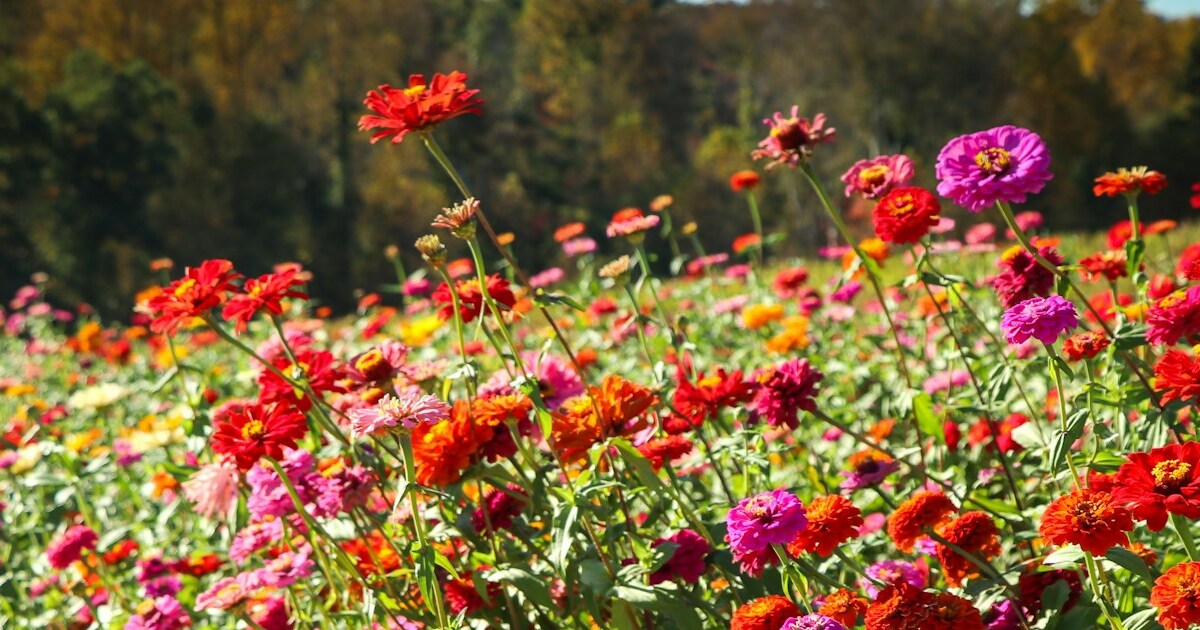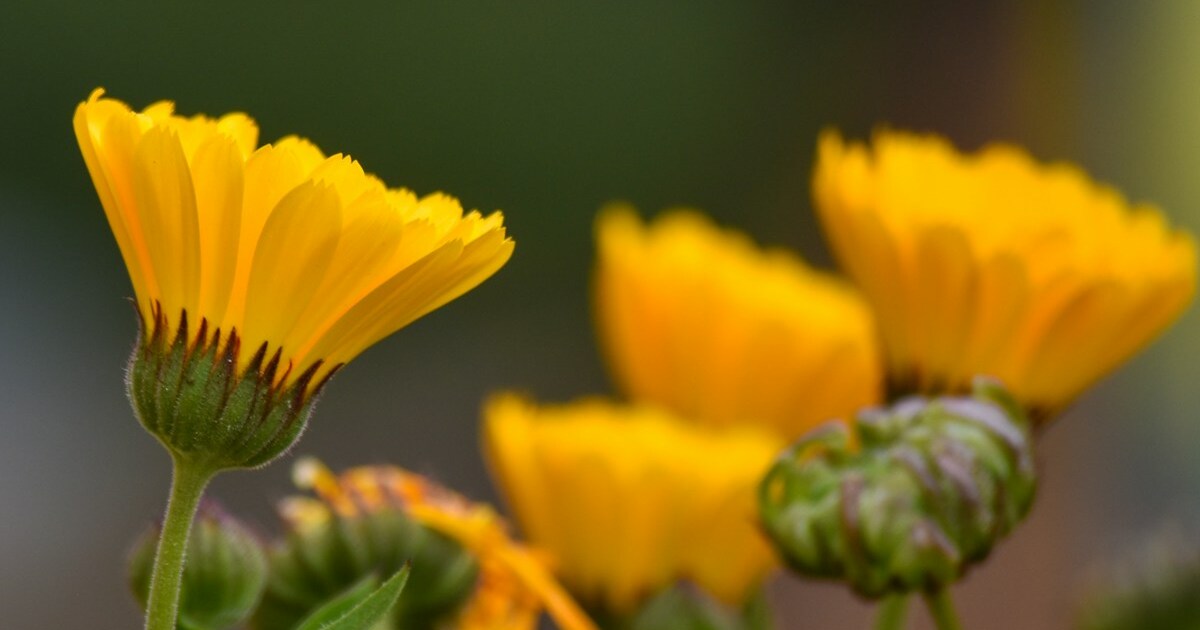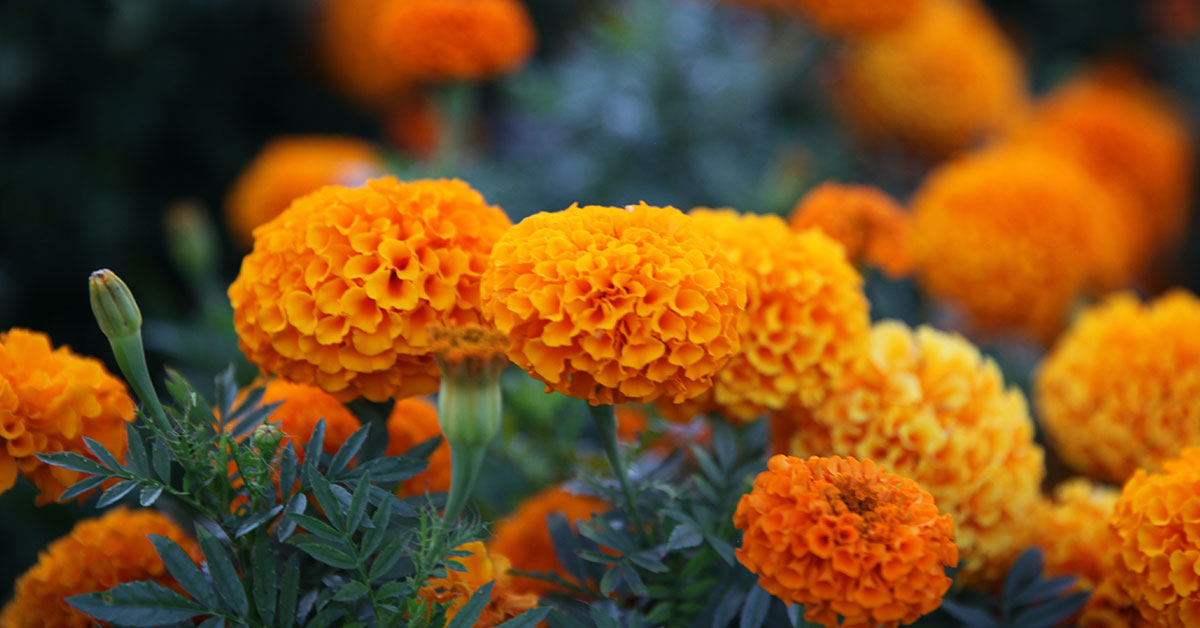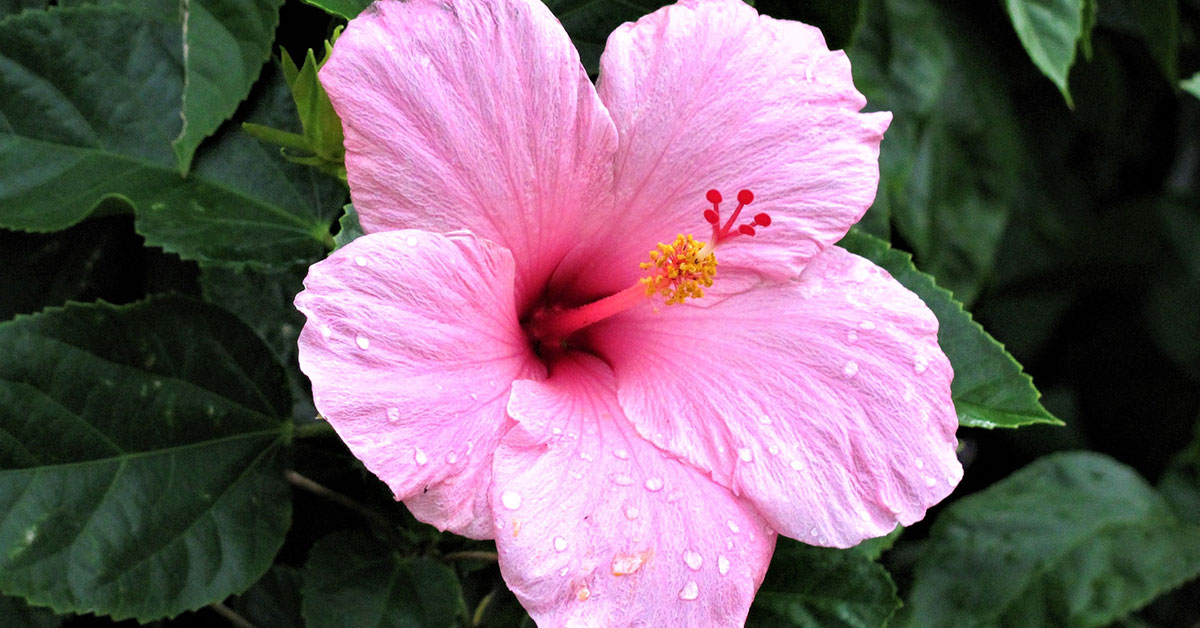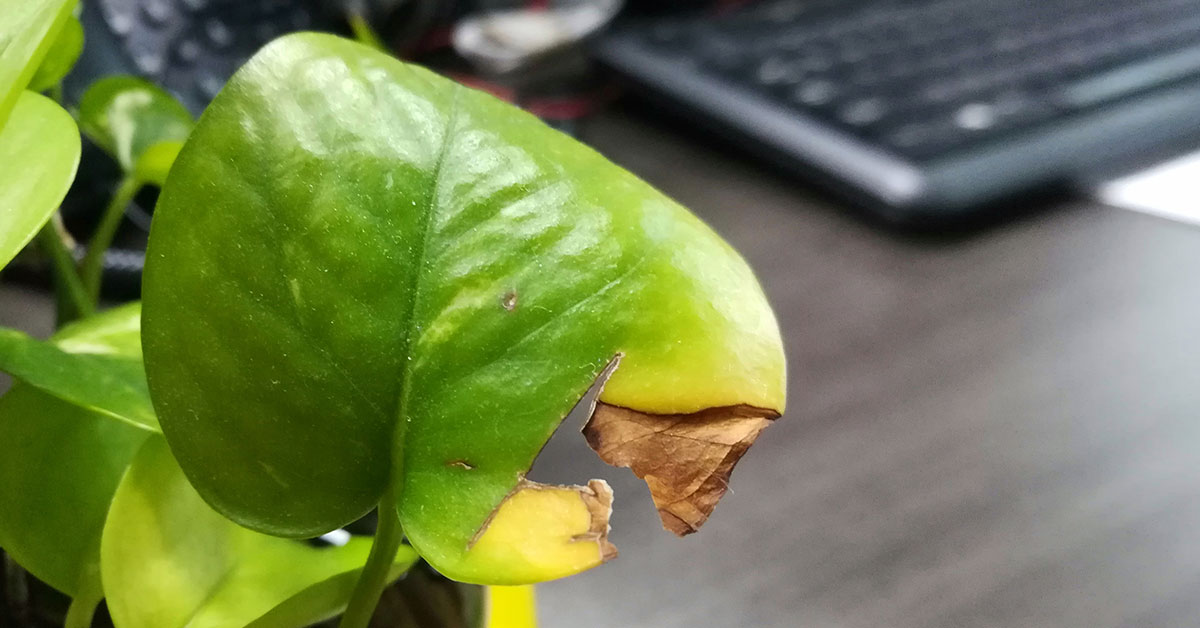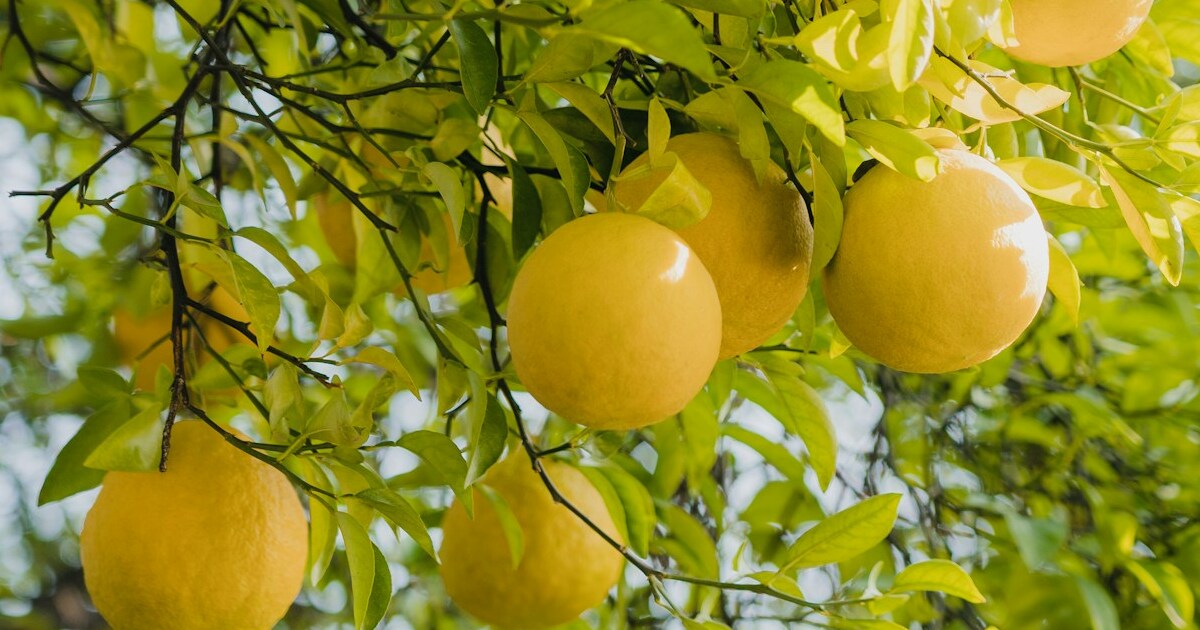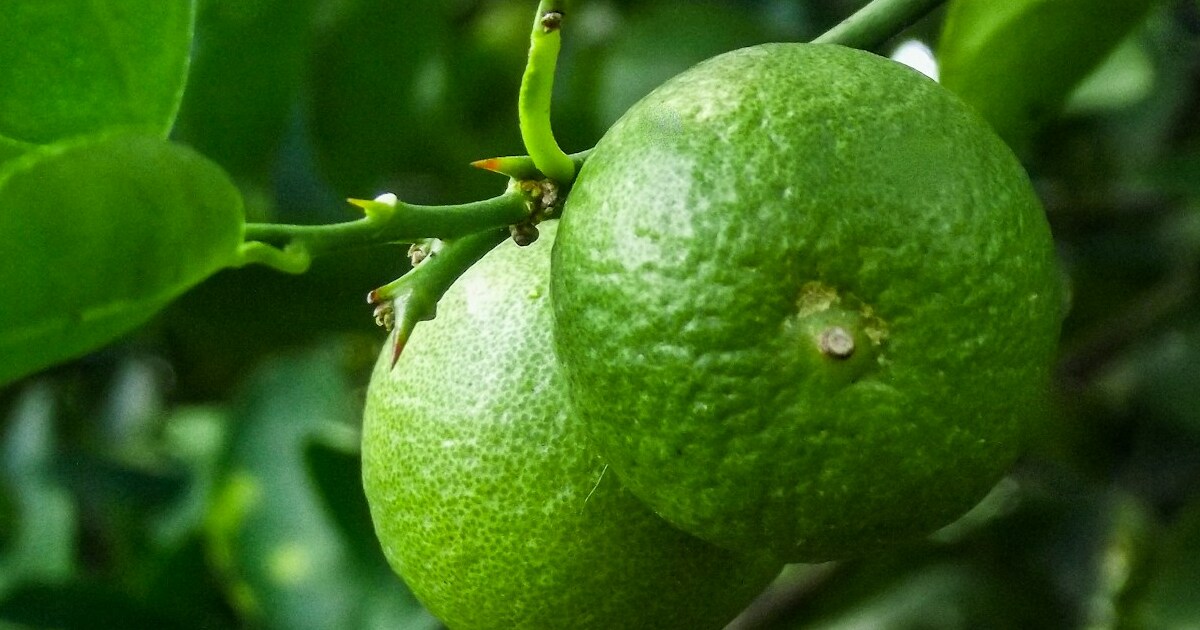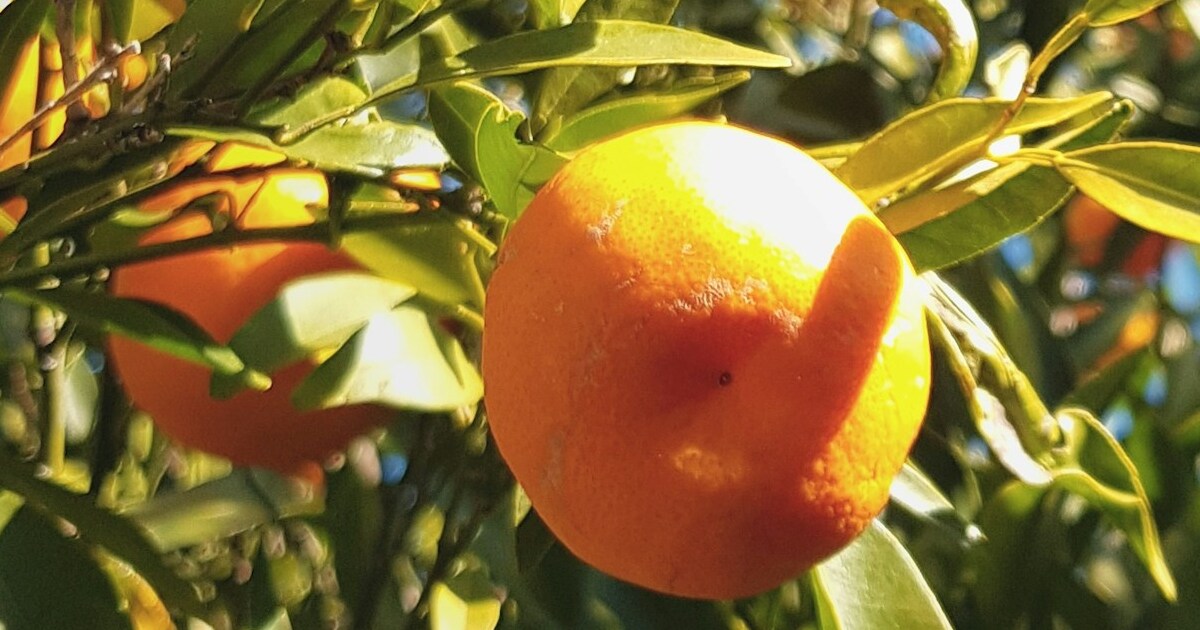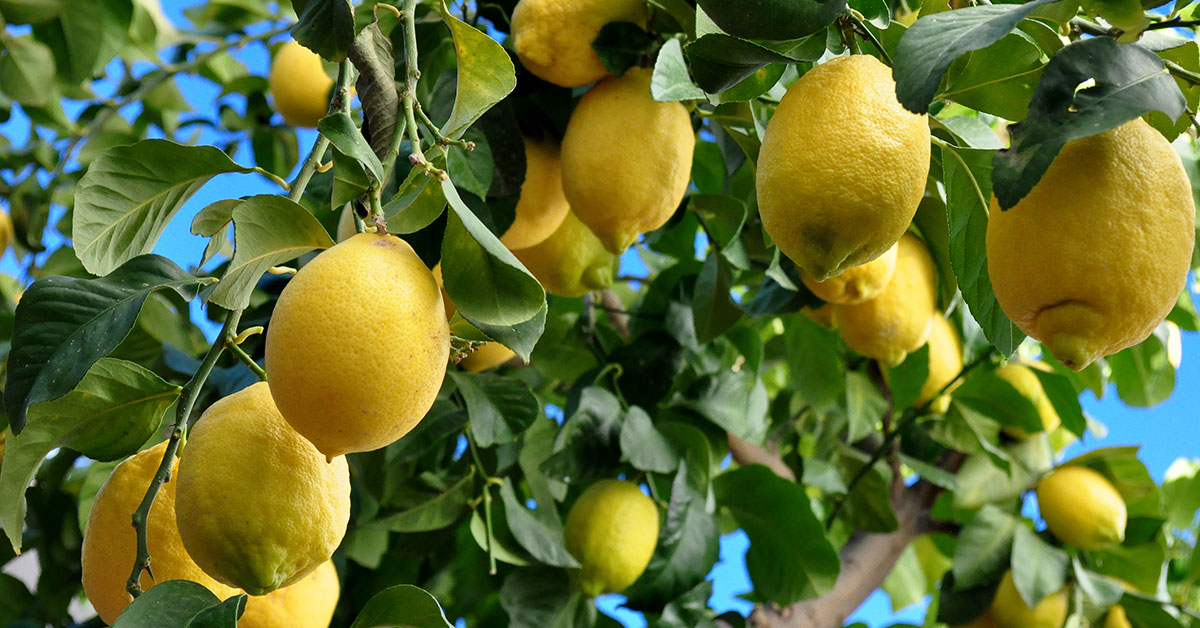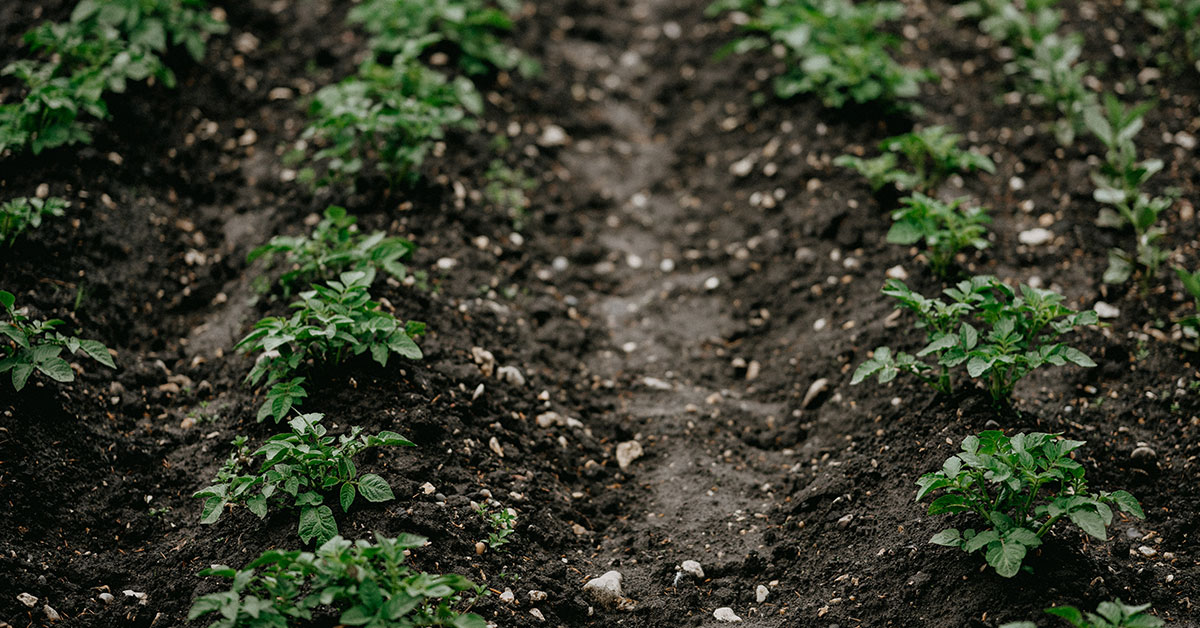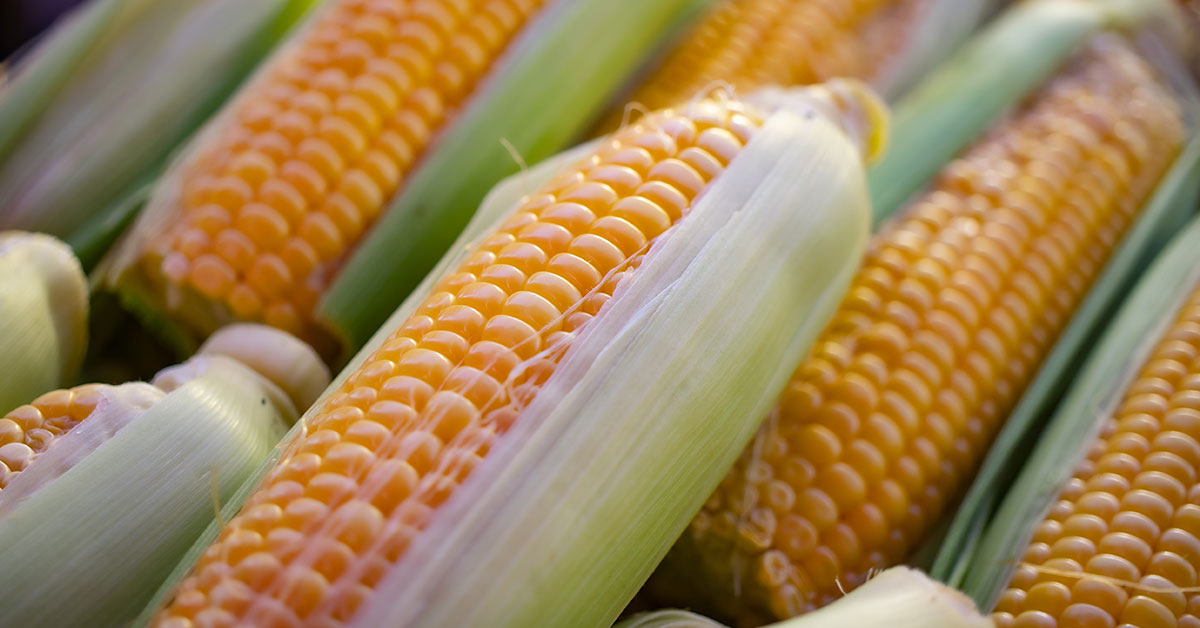Growing sunflowers in Pennsylvania is a great way to bring a bit of sunshine to your garden. With its diverse climate, Pennsylvania provides the perfect conditions for sunflowers to thrive, making it an ideal place for growing these vibrant, cheerful blooms.
Sunflowers are a hardy plant and are relatively easy to maintain, making them a great choice for beginner gardeners who want to add a splash of color to their landscape. They grow quickly and provide long-lasting blooms from mid-summer to early fall, often bringing a smile to the face of those who admire them. Pennsylvania’s soil, climate and growing season make it an ideal place for gardeners of all levels to successfully grow sunflowers.
Pennsylvania climate and growing zones
Zone 5b experiences cold winters with temperatures regularly dropping below 0°F. Summers are usually mild, with temperatures rarely exceeding 90°F. This zone can be found in the southeastern portion of the state, including the cities of Philadelphia, York, and Allentown.
Zone 6a is characterized by cold winters and hot summers, with temperatures ranging from -10°F to 95°F. This zone is found in the central portion of the state, including the cities of Harrisburg, Scranton, and Reading.
Zone 6b has mild winters with temperatures rarely dipping below 0°F, and hot summers with temperatures reaching up to 95°F. This zone is found in the southwestern portion of the state, including the cities of Pittsburgh, Erie, and Johnstown.
Zone 7a has mild winters with temperatures rarely falling below 10°F and hot summers with temperatures reaching up to 95°F. This zone is found in the northwestern portion of the state, including the cities of Erie, Warren, and Clarion.
Growing sunflowers in Pennsylvania
Growing sunflowers in Pennsylvania can be a rewarding experience if you are mindful of the climate. Due to its northern location and temperate climate, Pennsylvania can experience extreme temperatures throughout the year, which can make growing sunflowers a bit tricky.
In the cold winter months, it is important to protect the sunflowers from frost and snow, as this can damage their blooms and stems. In the spring and summer months, the warm climate of Pennsylvania is great for growing sunflowers. The sunflowers will need plenty of sunlight and consistent watering to thrive and reach their full potential.
It may be beneficial to use a cold frame or similar protective covering during the early stages of growth to protect the sunflowers from the cooler temperatures at night. When planting your sunflowers, it is important to choose a spot that gets plenty of sunlight and has well-draining soil.
Sunflowers need a lot of nutrients and water to reach their full potential, so it is important to add plenty of organic matter to the soil. Additionally, you should avoid overcrowding your sunflowers, as this can impede their growth and lead to unhealthy plants.
Some of my favorite varieties of sunflower include:
- Mammoth Grey Stripe Sunflower (Helianthus annuus) – 75-100 days to maturity
- Teddy Bear Sunflower (Helianthus annuus) – 60-90 days to maturity
- Red Sun (Helianthus annuus) – 65-95 days to maturity
- Autumn Beauty Sunflower (Helianthus annuus) – 75-90 days to maturity
- Lemon Queen Sunflower (Helianthus annuus) – 75-95 days to maturity
- Velvet Queen Sunflower (Helianthus annuus) – 90-110 days to maturity
- Dwarf Sunspot Sunflower (Helianthus annuus) – 60-90 days to maturity
- Giant Sungold Sunflower (Helianthus annuus) – 85-110 days to maturity
- Evening Sun Sunflower (Helianthus annuus) – 75-95 days to maturity
- Sundance Kid Sunflower (Helianthus annuus) – 75-95 days to maturity
When to start sunflowers indoors in Pennsylvania
Sunflower seeds should be started indoors 4 weeks before your final frost date. In Pennsylvania, the final frost dates are:
- Zone 5: Around April 30th
- Zone 6: Around April 21
- zone 7: Around April 3
You should also consider the size of the variety of sunflower you are planting, as shorter varieties can be planted later and taller varieties will need to be started a week or two earlier. Sunflowers should be started indoors:
- Zone 5: Around April 1st
- Zone 6: Around March 24th
- zone 7: Around March 6th
Starting sunflowers from seed is a relatively easy process that can be done both indoors and outdoors. To begin, you will need to purchase sunflower seeds from a garden center or online. When selecting seeds, make sure to look for the desired variety you want to grow. Once you have your seeds, you can choose to start them indoors 4 weeks before the last frost date for your region.
Fill a seed tray with starter soil and moisten it with a spray bottle. Place your seeds on top of the soil, cover them lightly with starter soil, and water them gently. Place the tray in a warm and sunny spot, and keep the soil moist. Once your plants have grown 2-3 sets of leaves, you can transplant them outdoors.
Planting sunflowers outside in Pennsylvania
Sunflower seeds should be planted outdoors after the last average frost date for your area. Planting sunflower seeds too early can result in poor germination and seedling growth and potentially death if there’s a hard freeze.
When planting outdoors, make sure the area has plenty of sunshine and well-draining soil. Dig a hole that is twice the size of the root ball, and fill the hole with compost or aged manure. Place the seedling in the hole and backfill with soil, then water deeply.
For the remainder of the sunflower’s life, make sure to keep the soil moist and fertilize regularly. With proper care, you should have beautiful sunflowers in no time!
When to harvest sunflower seeds in Pennsylvania
When sunflower seeds are ready to be harvested, the back of the flower head will be dry and start to turn brown. The individual seeds will be dry and firm. The green husks surrounding the seeds will have turned yellow or white and begun to dry out. To check if the seeds are ready to be harvested, lightly pinch the seed head between your thumb and forefinger. If the husks break open easily, the seeds are ready to harvest.
Harvesting sunflower seeds is easy. Cut the flower head off the stem and spread it out on a clean surface. To remove the seeds, use your hands to rub the flower head and release the seeds. Collect the seeds in a large bowl or container. Once the seeds are harvested, store them in an airtight container in a cool, dry place. Make sure the container is well sealed to keep the seeds from going bad. Sunflower seeds can last for up to a year if stored properly.
Sunflower seeds are delicious and nutritious snack food. They can be eaten raw, toasted, or sprouted. Sunflower seeds are also used in salads, cereals, granola, and energy bars. They are loaded with essential vitamins and minerals like Vitamin E, phosphorus, magnesium, and zinc. Sunflower seeds can also be used to make sunflower seed butter, which is a great alternative to peanut butter.
In addition to being a healthy snack, sunflower seeds are also used to make birdseed. You can leave your sunflowers intact outside well after the flowers have died to give your local birds a tasty snack!


